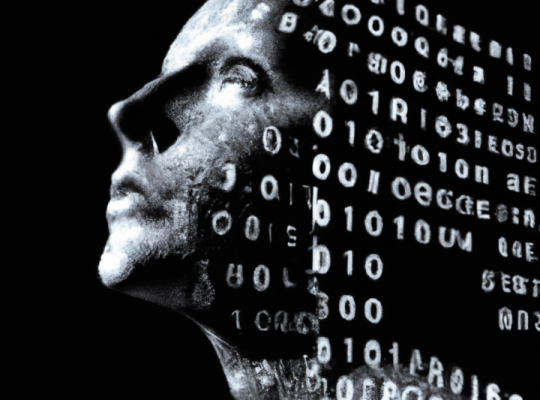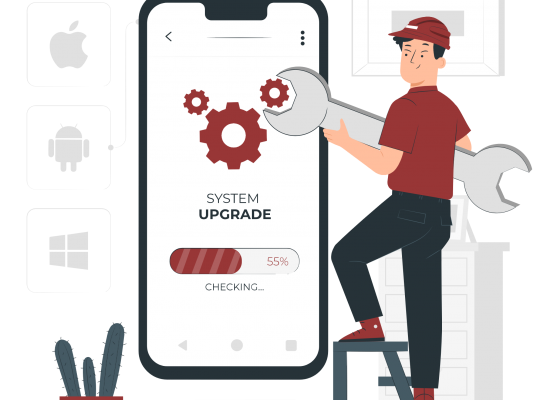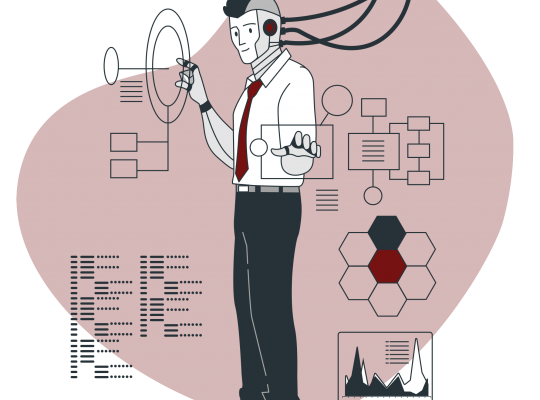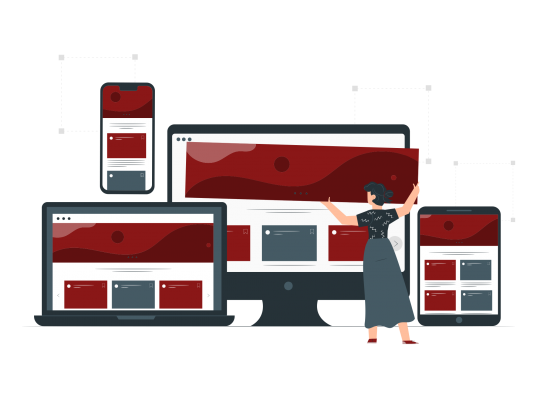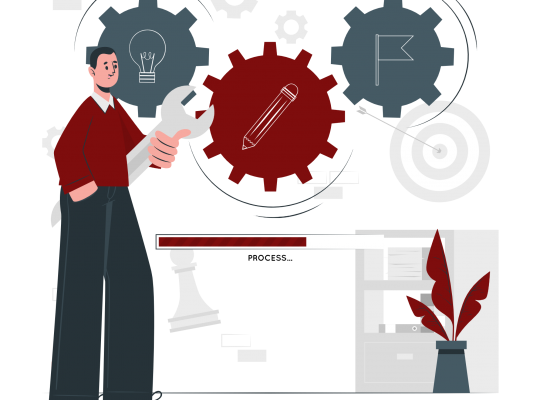AI and the Future of Work
Artificial intelligence (AI) has been rapidly transforming the business world, with its effects becoming more apparent every day. As a futurist, I predict the following ways in which AI will augment work and the workforce in the near future, considering timeframes of 1-5 years and 10 years from now.
1-5 Years: Immediate AI Impact
1. Automation of Routine Tasks
In the next few years, AI will automate many routine tasks, freeing up employees to focus on more strategic and creative work. For example, AI-powered chatbots will handle customer service inquiries, while robotic process automation (RPA) systems will streamline administrative tasks like data entry and invoice processing.
2. Enhanced Decision-Making
AI-driven data analytics will play a crucial role in supporting better decision-making. Machine learning algorithms will analyze vast amounts of data to identify patterns, trends, and insights that humans might miss. This will enable businesses to make informed decisions in areas like marketing, supply chain management, and product development.
3. Improved Talent Acquisition and Management
AI-powered tools will revolutionize the way businesses recruit, hire, and manage talent. Applicant tracking systems will become more sophisticated, using natural language processing (NLP) and machine learning to analyze resumes and identify the best candidates. Additionally, AI-driven performance management systems will provide personalized coaching and development opportunities for employees.
4. Enhanced Cybersecurity
With the increasing reliance on digital technologies, businesses face heightened cybersecurity risks. AI-powered security systems will be deployed to detect and respond to threats in real-time, protecting businesses from potential data breaches, fraud, and other malicious activities.
5-10 Years: Long-term AI Impact
1. Collaborative AI-Human Teams
As AI becomes more advanced, businesses will see a shift towards collaborative human-AI teams. AI will act as a complementary tool, assisting employees in their tasks and providing valuable insights. For example, AI-powered design tools will help architects and designers create more sustainable and efficient buildings, while AI-driven medical diagnostics will support doctors in making accurate diagnoses and treatment recommendations.
2. Emergence of New Job Roles
As AI technologies continue to evolve, new job roles will emerge that focus on the development, implementation, and management of AI systems. Examples include AI trainers, who will be responsible for teaching AI systems how to perform tasks, and AI ethicists, who will ensure that AI deployments align with ethical standards and societal values.
3. AI-Driven Personalization
In the next decade, AI will enable businesses to offer highly personalized products and services. AI-driven recommendation systems will become more advanced, providing tailored product suggestions, content, and experiences to individual customers. This will increase customer satisfaction and loyalty, ultimately driving business growth.
4. AI-Powered Innovation
As AI technologies advance, they will drive innovation in various industries. AI algorithms will help identify new market opportunities, create novel products, and optimize existing processes, resulting in a more competitive and dynamic business landscape.
In conclusion, AI will have a profound impact on the workforce in the coming years, both in the short and long term. It will automate routine tasks, enhance decision-making, improve talent management, and bolster cybersecurity, while also fostering collaboration, creating new job roles, driving personalization, and spurring innovation. These changes will require businesses to adapt their strategies and invest in upskilling their workforce to thrive in the AI-driven future.

